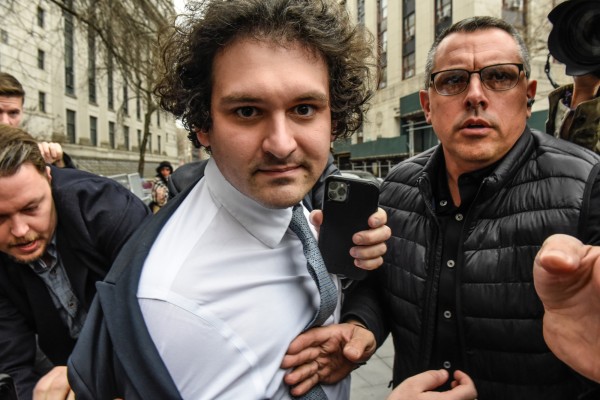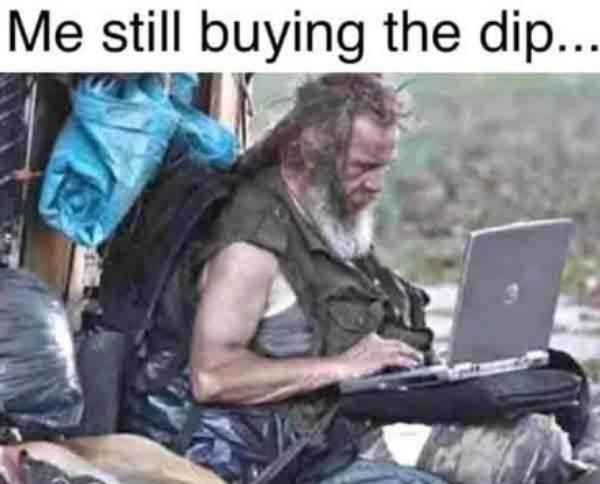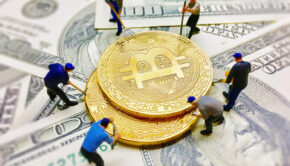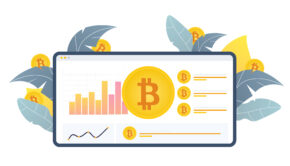How crypto became out of reach of the commons
What’s happening?
Binance, the world’s largest cryptocurrency exchange, has agreed to pay $4.3 billion to settle a U.S. government investigation into its anti-money laundering (AML) practices. The company’s founder and CEO, Changpeng Zhao, has also stepped down and pleaded guilty to violating U.S. anti-money laundering laws.[1]
The settlement comes after a years-long investigation by the U.S. Department of Justice (DOJ) and the Treasury Department’s Financial Crimes Enforcement Network (FinCEN). The agencies found that Binance had failed to implement adequate AML safeguards, allowing criminals to use the exchange to launder money and evade sanctions.
As part of the settlement, Binance will pay $1.81 billion within 15 months and an additional $2.51 billion in forfeiture. The company will also be required to implement a comprehensive AML program and cooperate with ongoing investigations.
Zhao, who is a Canadian citizen, pleaded guilty to one count of failing to maintain an effective AML program. He will pay a $50 million fine and faces up to 18 months in prison.
The settlement is a major victory for the U.S. government in its efforts to crack down on illicit activity in the cryptocurrency industry. It is also a significant blow to Binance, which has been struggling to maintain its dominance in the face of increased regulatory scrutiny.
Not something new

Unfortunately, this is not new news. We have already seen the biggest incidents such as FTX, and then also some big incidents such as Huobi and some other big exchanges. The FTX collapse led to the loss of thousands of people. And the burden was not equally distributed. The businessmen who had their share of crypto in FTX may recover sooner than those whose share was life’s saving. The Luna crash also had an effect on people with small, but significant savings. Unlike other fiat or crypto tokens, they had the belief that Luna is backed by USD, so maybe their money will stay safe and won’t tank as long as USD lives. But they forgot that marketing is often deceptive.
Luna was not stablecoin at all. And nor was FTX trusted, nor is Binance conscientious. But one common feature they all share is that they had internal management issues that led to huge misconduct. Some were from financial institutional background, and some from humble software engineering background. But most of the people involved tried to make profit by putting other people’s money at risk. Honestly, banks do this all the time. They do it on an even larger scale, and with a larger pool of funds. But the difference is, banks have a more dedicated risk management system in place, and is backed by an insurer that oversees them. This does not mean they are 100% honest all the time, but that’s not the point I want to make.
How crypto got out of common people

The start of bitcoin, the first ever peer-to-peer financial system, had a goal. To provide an option of a financial system, where banks and other intermediary institutions won’t be necessary. What it means is that there won’t be a class that dictates the supply and valuation of money. But as you know, it’s now how a centralised economy works. The market may be open, the money is not. It is tightly controlled by each government because it is an essential that dictates the peace and downfall of a country. A currency that performs better, provides better leverage for the economy. So often countries artificially inflate and deflate currency, control supply, loan in and out centrally. The banks are an important instrument to this system.
Those banks are controlled by regulators, and directly by the appointed boards. The capitals come from central banks, large institutions and corporations, medium to small companies, individual consumers, etc. Banks may also pay some of the profit made from that capital if you’re a savings account holder, or have a deposit scheme with them. The other type of banks deal with businesses only. But even in consumer banking, large capital and investments are favoured. Now, crypto marketers and enthusiasts always say that crypto is the way to solve that dependency on large players, and bring back the control to common people.
But turns out, it’s not the case. The rise of crypto was in the hands of the same people in regular good old financial systems and still is now. For example, 10,000 individuals own one third of total bitcoins in circulation, and a very low number of wallets holds 86% of all bitcoins[2]. And most of these people are from the same background as the financial advisors, shareholders and people involved with the banks and financial institutions.
Let’s play a game

Let’s look at the list of Investopedias top bitcoin investors[3]. This list is from private investors, even if the investors have crypto groups or companies that deal with crypto. The list takes account of private individual investment. First is Barry Sillbert[4], who is a bitcoin billionaire. He founded a crypto group named DCG, and now runs it as a CEO and founder. If you look into his origin, we will see that he came from investment banking sector.
Another name is Cameron Winklevoss, who with his brother ran a capital management firm that invested in various assets and had a strong presence in the capital market. Another name is Michael Saylor who actually came from a tech business background, but the number of lawsuits from SEC indicates that he was rather in control of funds and financial management of his company rather than executive duties, which was actually done by his partner Sanju Banshal.
Michael Novogratz is another name who became a bitcoin mogul. And if you guessed it right, he also had a history with the financial and banking sector, specifically he started his career at Goldman Sachs. He also worked in Fortress Investments, which had a strong presence in the capital market.
Finally, Tesla’s self proclaimed founder Elon Musk who is a big player in the capital market, due to his immense power over Tesla stocks. And, he also began his ascension from X[5], which is now PayPal. A financial service company.
What am I trying to say here? That it’s only a short list. The larger list contains larger people who had a larger history managing capital, and had a strong presence in the capital market, stock exchange, banking and financial sectors. And why does this matter? Well, if the biggest players are indeed big, and are from sectors the crypto wants to defeat instead of joining, then it brings the control to the same people crypto feared, and away from common people. You can no longer rely on crypto, because your actions and votes are insignificant. The larger players are motivated by profits just like it is in the regular system.
So, what now? Do individual investors have any chance?

People have been riding with the wave, up and down, along with everyone else. But people are asking, if crypto is a dangerous ocean, then why are we still diving so deep? On the top of the crypto pyramid, things are quite stable if you want to believe. The top investors have made profit, employed risk calculation and taken out their cuts, and re-invested the rest again in the hope that this will continue as long as they wish.
The common people have officially lost control. It is now a bet, and a gamble. Stablecoins, secured deposits, federal backings, these are only instruments that give you hope but not much. If binance crashes, a regular consumer may lose money forever. The CEO will be released from court duties soon enough. The stable coin BUSD will also fall, and the people who trusted they have an escape will be disappointed. So to answer the question, take the whole market as a chaotic volatile gambling security sector, not a thing to trust with your life savings.
Footnotes:
- https://www.cbc.ca/news/business/binance-changpeng-zhao-anti-money-laundering-laws-1.7036003 ↑
- https://time.com/6110392/bitcoin-ownership/ ↑
- https://www.investopedia.com/articles/people/091516/top-5-investors-investing-bitcoin.asp ↑
- https://www.forbes.com/profile/barry-silbert/?sh=4f6d65242950 ↑
- https://en.wikipedia.org/wiki/PayPal ↑
















